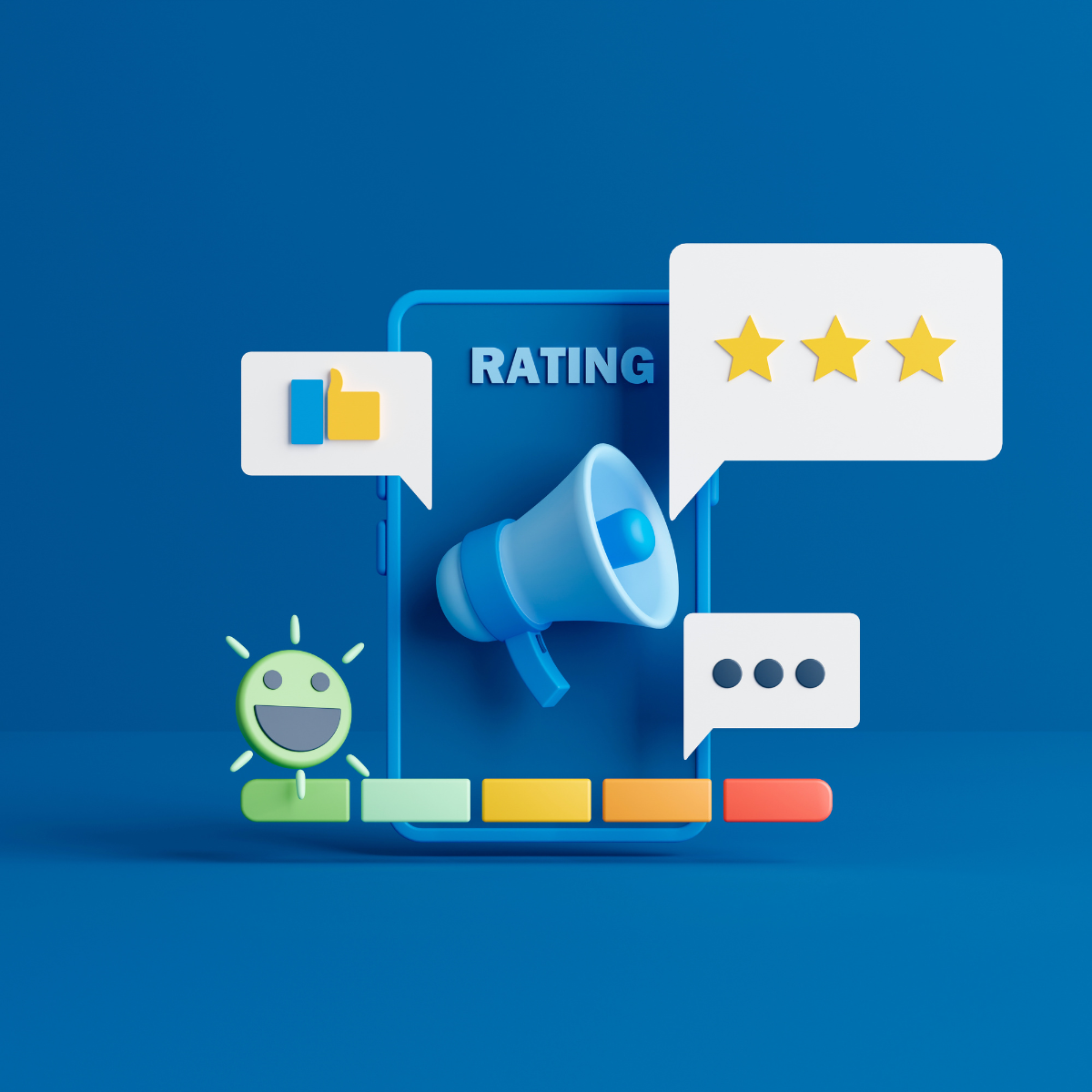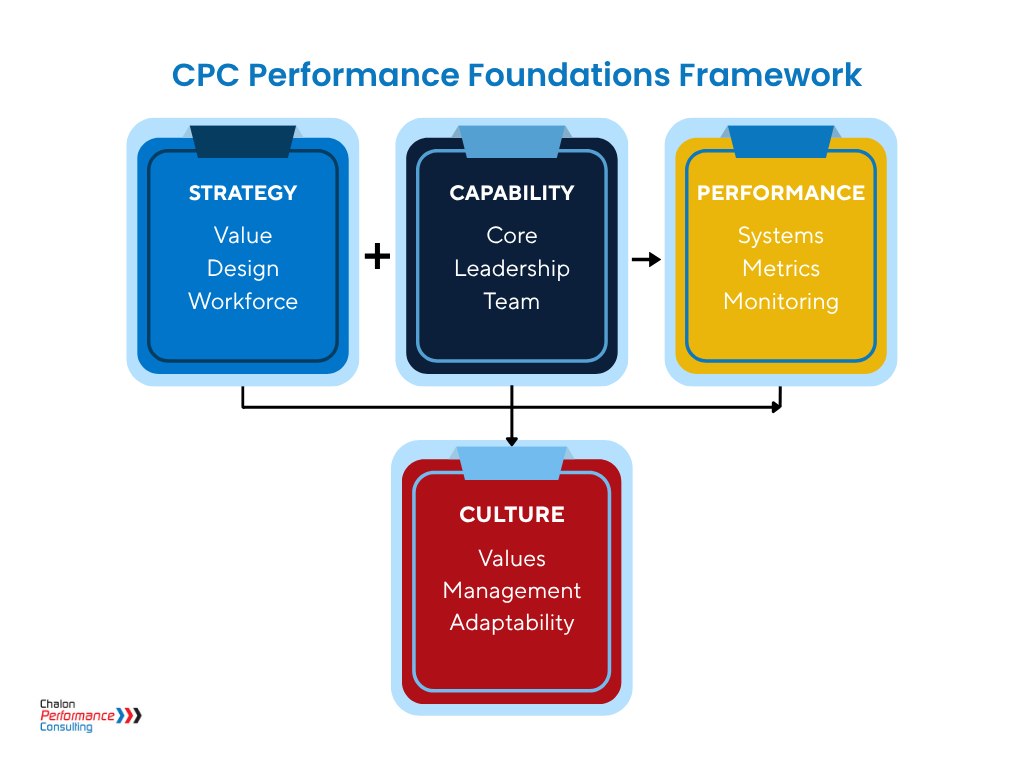Adapted from: HBR| Managers, What Are You Doing About Change Exhaustion? | By Mollie West Duffy and Liz Fosslien
“Change fatigue. Resilience fatigue. Agility fatigue. WFH fatigue. Video-conference fatigue. Online schooling fatigue. Restriction fatigue. Conflict fatigue. Fatigue fatigue. 2020 – the international year of fatigue.” (digital health consultant Simon Terry)
When the pandemic hit, everything changed. Many of us have become change exhausted as a result of the increased amount of uncertainty in both our job and personal life. According to Gartner, employees’ ability to cope with change in 2020 will be half of what it was before COVID. Companies just encourage their employees to be resilient, leaving people to find ways to feel better on their own. Leaders must recognise that change tiredness is a group problem that must be addressed at the team or organisational level, rather than an individual problem.
Four practices leaders can use to help their team combat change exhaustion.
Stop. Acknowledge change and the discomfort that comes with it.
Make it a priority to set aside time in an upcoming meeting for people to share their feelings, voice concerns, and ask questions. Talk through the details of the change, acknowledge the anxiety the employee may be feeling, and create space for the employee to share their emotions and ask questions.
“I am a person who is learning _______.” Adopt this mantra.
Tell yourself “I am a person learning to ______” rather than “I can’t do this” or “I need to have this all figured out already.”
Doing this as an exercise with your team can be helpful to hear what others are navigating, so individual team members feel less alone and can easily support each other. It can also be useful to better understand each person’s comfort level with uncertainty
Plan For Deviation
Work extra hard to figure out what you should do next.
The key is to plan and view it as reassurance that you are prepared to face what comes next.
Adopt a more flexible mindset while planning, and help your people get less frustrated when things inevitably start shifting.
Invest in Habits
Studies have proven that rituals help people feel better, even when they don’t believe that rituals work!
As long as it is collective and centers on what matters most to the team. The key is to not let employees struggle alone but to collectively acknowledge and address the challenges.
With the right tools, you can help your team gain confidence in your ability to better handle whatever comes next together.














